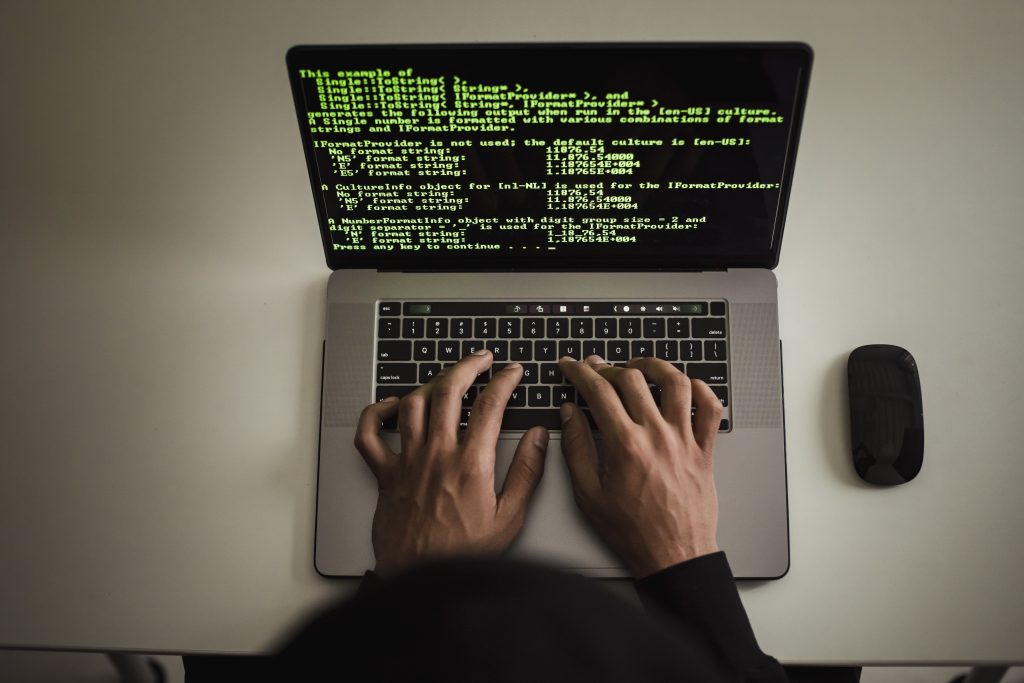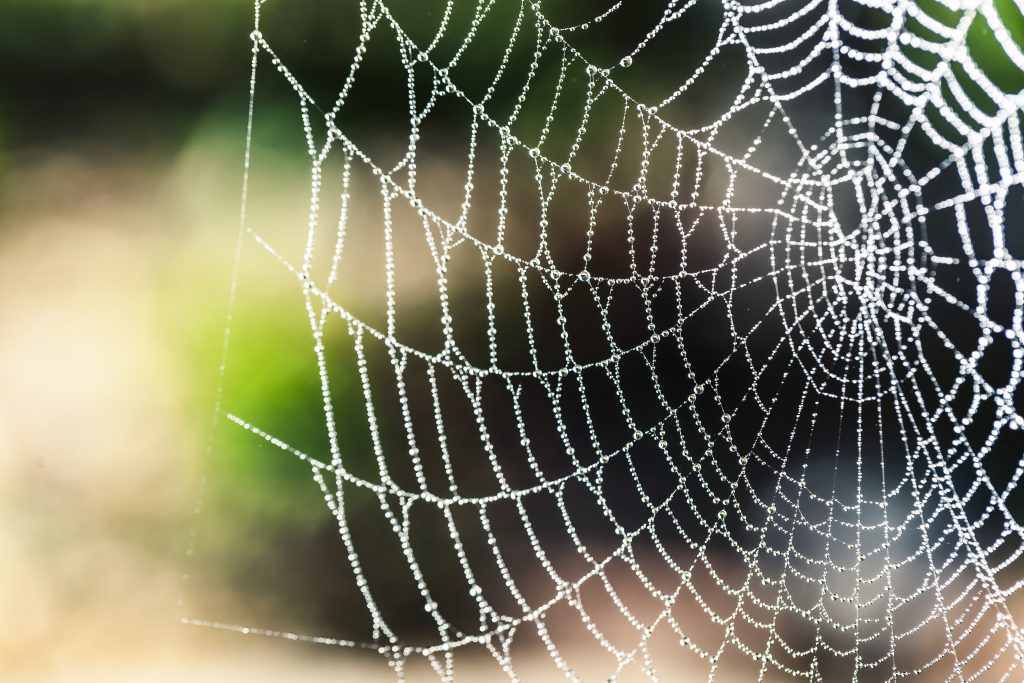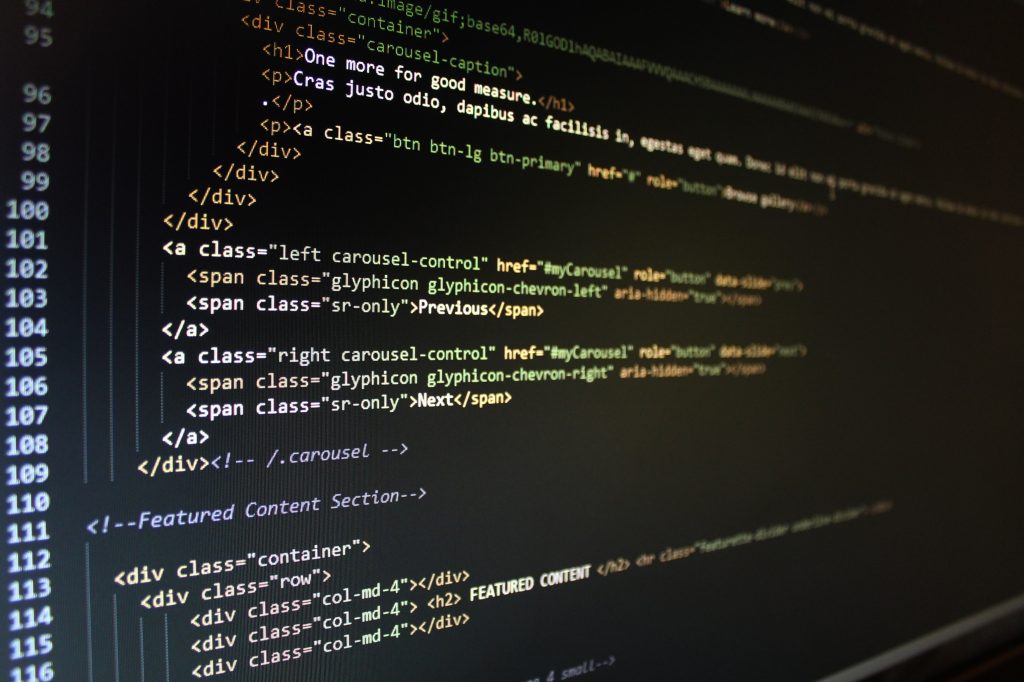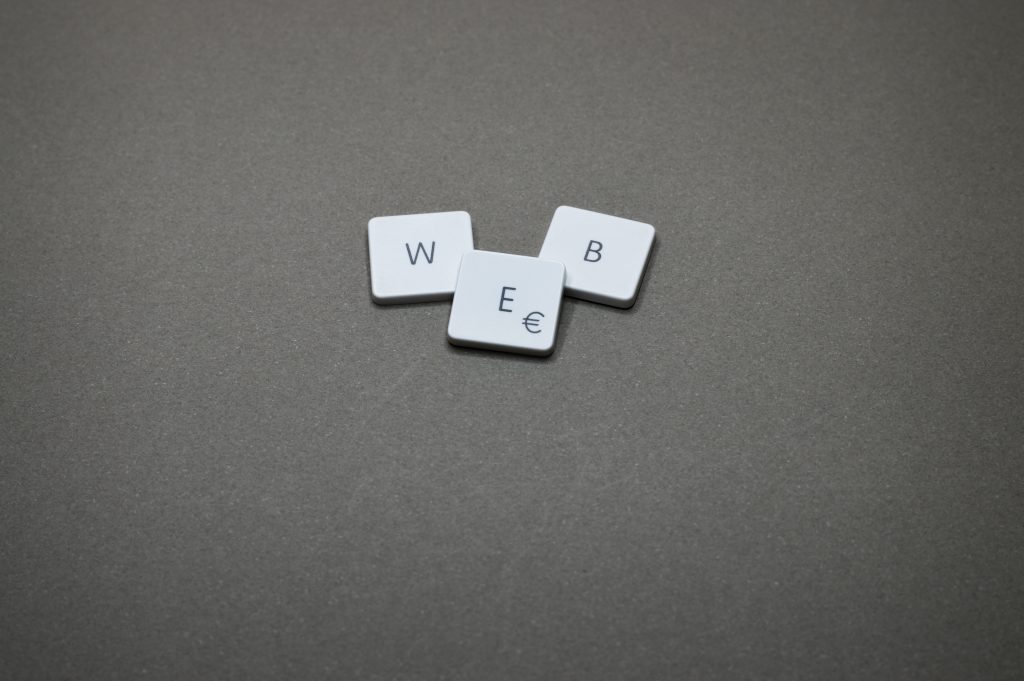
As I’m thinking about our World Wide Web, I can’t help but to also think about a spider web image- that connects everything. It’s so similar and so very different at the same time.
Our online world is interconnected in so many levels, yet also much more fragile than a spider web. The video by Wesch here describes, among other things, how it brought space for many new original ideas. A platform and voice of so many video hours, yet not by a few mainstream channels and rather by many creative individuals- showing many varied ideas. Individuals participate and not just stay passive.
The world wide web demands us to bring awareness to participatory culture and how we play a role in it. As reflected on a few blogs ago, on the Twitter impact, I think this demands us for an increased level of awareness of how we use these tools, and HOW do we participate in our everchanging culture? How are we using it to empower/ inform/ learn, rather than to be involved in hurtful, uninformed, or otherwise unkind impacts.
The world wide web has so many sides, and it can sure be fun. As Wesch speaks of the Numa Numa going viral, I remember how it was such a hit, and how my friends found sounds that could be words in Hebrew, how we spotted the words that are in other languages, and made our own versions of it. It was such a fun way to connect over recess. But it can also be harming, and lead to online bullying as everyone can comment and reach what was unavailable before.

I am terribly scared of spiders, but learned to appreciate their webs. It’s strong, one string at a time. It can hold more weight than seems, and when we’re looking at the pattern it can even look beautiful. It’s also sticky and can trap someone though. So how do we make the interconnectedness more aware and strong, rather than sticky and trapping? By a few steps:

First, by considering digital citizenship. I am excited to learn more about it in the next few classes and get more involved! We can consider online citizenship as a way to be aware and active towards managing our online presence rather then letting it manage us. I’m still learning how to do this (social media is a hard one!) but getting there. This article from Katia from our EDTC300 class explains some of it’s aspects such as security, health, access and more. It helps us be aware of key components. When we bring this to the classroom we need to consider it with ager appropriate content. This means lots of adaptations, reviews and informing parents on the learned content, ongoing. I think cross curricular connections can also help, as we see how useful it is. For example, using a podcast to share learning about a science projects, etc. We use lots of connections and overlapping subjects in EDTC300, and it can sure help the classroom too! It can make more sense when topics are not learned in isolation to other themes.
Second, we can be aware of ongoing changes and adaptations. The world wide web is ever changing, and so we need to ever-change with it. What was working yesterday may not work today. I think this is the case as anything in the classroom. I often have a plan A, and also a plan B and C to go by for adaptations, if the students need to move more, move less, and stay dynamic and attentive to their needs.

Last, when working in the classroom, we can make sure we create a safe environment for the students to explore and create with. We are so often taught to be scared of the internet, and of course security is so important, yet it’s also important to teach the students how to work with it, with awareness rather than lead by fear. We should learn about the difficult consequences, and also how to learn from them and how to use the same tools for other directions that can lead to positive outcomes. We can learn how to use the same tool, our world wide web, in different ways.
As mentioned before, one way to do so can be using a classroom podcast (I am learning to work with Anchor ) as a collaborative project to learn how to use our voices, literally, to make an impact! This is something I started exploring and will continue to for a while 😉

What are your thoughts on this matter? How do you see the www? what are your thoughts from Wesch’s video? Would love to hear from you!
Chat soon,
Maya

WELL DONE MAYA! Your post was interesting and fun to read! I applaud you for your spiderweb connection with the world wide web, very creative! I am also looking forward to learning more about our digital citizenship. I think the more we praise the good from being connected and online it will hopefully out weight that negative and damaging affects it has also caused or could cause to others. Right now having access to loved ones and friends through the web has been so important for everyone’s well-being during a pandemic, I am also appreciative that my University degree did not have to stop and we have managed to survive online.
Thanks so much, I appreciate it! I agree, having the ability to keep in touch with loved ones has been incredibly important, I can’t and don’t want to imagine not having this option. Continuing our degree is also something I’m grateful for (including supportive classmates like you! 🙂 and so many good people I got to meet at EDTC300 and beyond) that truly build a supportive and healthy community to be a part of.
Thanks a bunch!
Hey Maya!
I found this post so interesting! Love how you connected the world wide web to the concept of a spider web… I’ve never thought of it like that before but it makes sense! The internet has the capabilities of bringing people together from all over the world… it has the power to connect people (similarly to how a spider web connects). At the same time, if we’re not careful, we could get caught up in the world wide web (like how a fly gets caught in a spider web).
Great post, Maya!
Thanks so much Janelle! I find that at the same time of being grateful to the connection it provides, I need to keep in mind the price it can cost if not used safely. I find our class community is such a supportive and awesome place to learn this with! Thanks for your comment!
Looking forward to read your next post and your music adventures,
Maya
Fantastic post Maya! Love the connection to a spider web, it works really well! I also love what you said about how you need to actively manage and monitor your online presence instead of letting it manage you. If you are not actively thinking about how you are presenting yourself online, it can often come back to bite you later on. This reminds me of how a spider will eventually come back to eat the fly that got caught in it’s web! Just wanted to note that you accidently wrote perspiratory culture instead of participatory culture, so you might want to go back and edit that 😉 I really enjoyed your post though!
Thanks for the comment Sarah, appreciate it! I think it is exactly as you said- if we won’t actively check it it will come back to bite the fly! Love your take from it! This so cool to see how others see these ideas and how it connects. Appreciate your perspectives and also the note about the spelling! You’re always so helpful in the big things and small details alike! 🙂
Cobwebs means spiders. The best way to keep spiders away is to keep the ceilings absolutely clean and maybe clean once in every 15 days. Just a little dusting will do. Otherwise best to go for pest control services treatment which will keep the place free for at least a year or so.
What a fascinating trio of connections! The World Wide Web is a testament to human ingenuity, connecting us digitally across the globe. Meanwhile, spider webs showcase nature’s brilliance—beautiful, intricate structures that serve both survival and artful engineering.
we weave in our daily lives. It’s amazing to think about the parallels between human-made and natural webs, both working tirelessly to link and sustain worlds in their own unique ways!